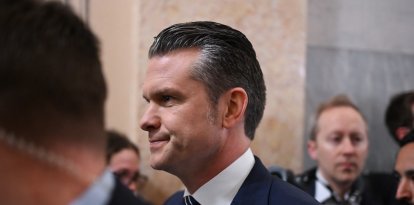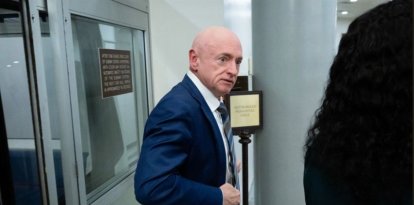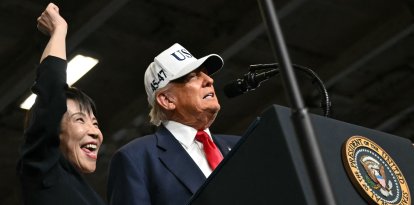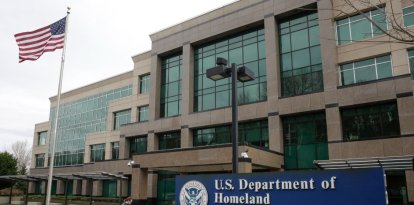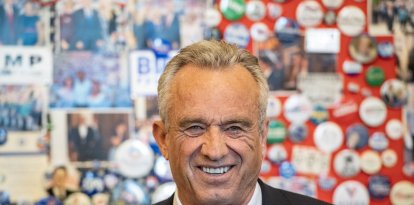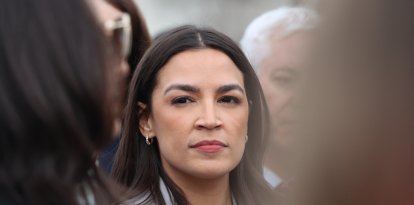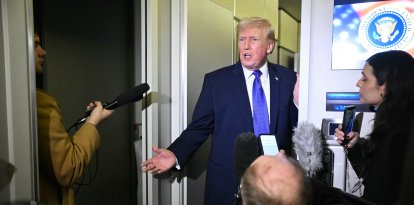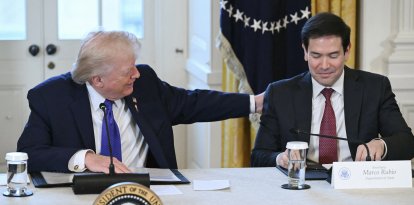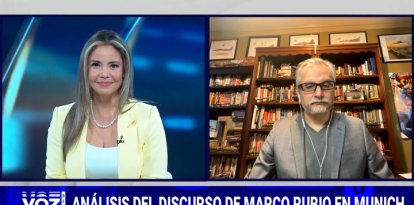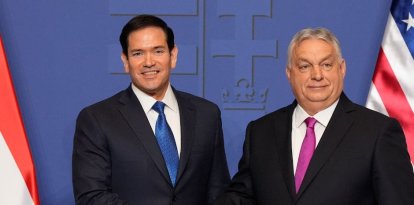ANALYSIS
The Trump administration revokes licenses to Western oil companies to export Venezuelan crude oil
U.S.-based Global Oil Terminals, Spain's Repsol, Italy's Eni and France's Maurel & A Prom have until the end of May to close operations in Venezuela.
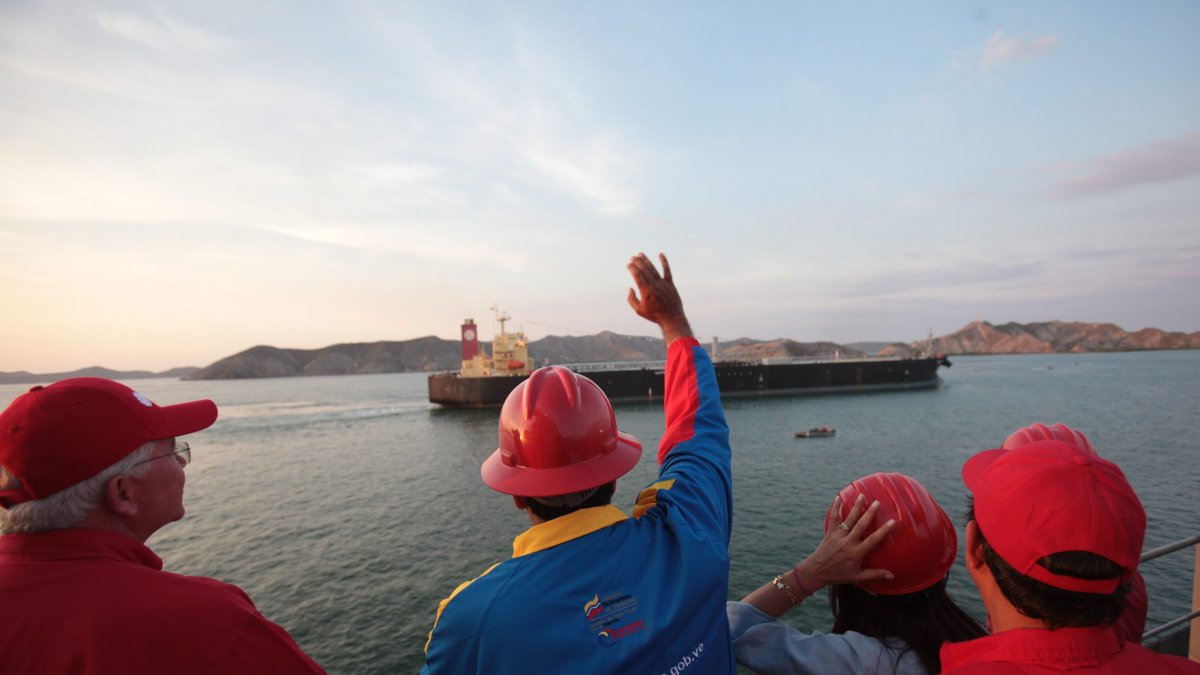
Maduro fires an oil tanker in a file photo.
The Trump administration revoked the oil and gas licenses that Joe Biden's executive had exceptionally granted to several multinational companies to export Venezuela's crude oil and derivatives, bypassing the sanctions imposed by Washington in 2019. This move comes as the culmination of U.S. pressure on the regime of Nicolás Maduro, following the announcement of a 25% tariff on products from countries trading with Venezuelan oil, along with the ban on Chevron from trading in Caracas' raw materials.
So far, it has been confirmed that the companies affected are the also U.S. Global Oil Terminals of the tycoon Harry Sargeant III, as well as Repsol (Spain), Eni (Italy), and Maurel & Prom (France). Officials from the Trump administration have informed the governments of these companies about the new developments. The affected oil companies have until the end of May to wind down their operations in Venezuela.
Venezuelan dictatorship rebels against the measure
"We have maintained fluid communication with the multinational oil and gas companies operating in the country, which have been notified in the last few hours by the U.S. government about the revocation of their licenses," Venezuelan Vice President Delcy Rodríguez said in a statement on Telegram.
Rodríguez pushed back against the new U.S. pressure measure, emphasizing that "we were prepared for this situation and are ready to continue fulfilling the contracts with these companies, within the framework of the Constitution of the Republic and Venezuelan laws."
The vice-president of the Bolivarian dictatorship insisted that her country is a "reliable partner" and that the "international companies do not require a license or authorization from any foreign government" to operate in Venezuela, as the country does not "recognize" any "extraterritorial" jurisdiction.
The Bolivarian tyranny has significantly hurt the Venezuelan oil business
With the largest proven oil reserves in the world, Venezuela was producing 3 million barrels per day (bd) when Hugo Chávez came to power 25 years ago. However, production began to decline following years of mismanagement, corruption and the 2019 U.S. sanctions.
The country experienced an 80% drop in GDP over eight consecutive years of recession, from 2014 to 2021, amid sharply falling oil prices and production. Currently, Venezuela produces around one million barrels per day (bpd), with Chevron contributing 220,000 bpd, Repsol around 60,000 bpd, and Maurel & Prom between 20,000 and 25,000 bpd.
The Caribbean country is the third-largest oil supplier to the United States, following Canada and Mexico, according to the Energy Information Agency (EIA). However, Trump has chosen to apply pressure through economic asphyxiation on Nicolás Maduro's dictatorship, whom he does not recognize as president due to allegations of fraud in last July's elections.
Biden opened up about the Ukraine war and Maduro's commitment to free elections
In fact, the sanctions in place since 2019 were imposed by Trump during his first term, and it was his successor, Biden, who partially lifted them in 2022 following the Russian invasion of Ukraine. This was done with the commitment from the South American leader to organize free and transparent elections, a promise he did not fulfill. Biden himself had already been considering revoking the licenses by the end of his term, but it was ultimately Trump who took that step.
Before yesterday's measure, Trump's administration had already announced a 25% tariff on countries that purchase Venezuelan oil or gas last week. Additionally, the Office of Foreign Assets Control (OFAC) gave Chevron until April 3 to wind down its operations in Venezuela. However, last Monday, it published license 41B, extending the deadline until May 27.
Restrictions on Chevron as it dismantles its operations in Venezuela
The new license for Chevron includes a series of restrictions that impact the government of Venezuelan President Nicolás Maduro. Under the license, Chevron is prohibited from paying "taxes or royalties to the government of Venezuela," as well as from distributing dividends to PDVSA or any company in which it holds a stake of 50% or more, either "directly or indirectly."
It also prohibits the sale of oil or petroleum products "to any jurisdiction other than the United States" and bans transactions with companies controlled by entities from the Russian Federation.














